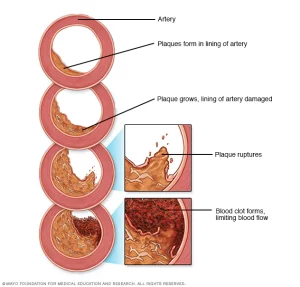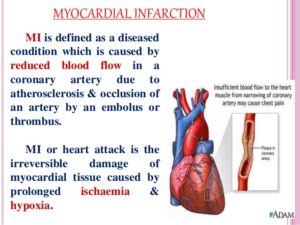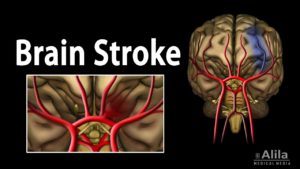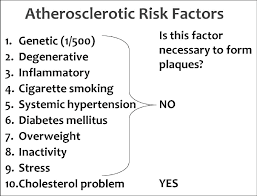 VS
VS 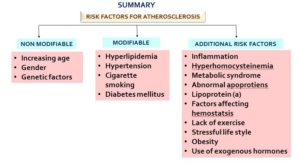
Modifiable Risk Factors putting you at risk for high cholesterol that can put you at risk for heart disease are:
High B/P, Diabetes, Low HDL=good cholesterol, High LDL=bad cholesterol, smoking, eating foods high in SATURATED FAT & CHOLESTEROL, harmful use of alcohol, and lack of any activity in your life (your regular routine doesn’t count like work unless your in a job severely active like construction building homes for example 5 days or week or a personal work out trainer 4 to 5 days week).
MAYO CLINIC states Factors Increasing your BAD Cholesterol:
- Poor diet. Eating saturated fat, found in animal products, and trans fats, found in some commercially baked cookies and crackers and microwave popcorn, can raise your cholesterol level. Foods that are high in cholesterol, such as red meat and full-fat dairy products, will also increase your cholesterol.
- Obesity.
- Lack of exercise. Exercise helps boost your body’s HDL, or “good,” cholesterol while increasing the size of the particles that make up your LDL, or “bad,” cholesterol, which makes it less harmful.
- Smoking.
- Age. Because your body’s chemistry changes as you age, your risk of high cholesterol climbs. For instance, as you age, your liver becomes less able to remove LDL cholesterol.
- Diabetes. High blood sugar contributes to higher levels of a dangerous cholesterol called very-low-density lipoprotein (VLDL) and lower HDL cholesterol. High blood sugar also damages the lining of your arteries.
Non-modifiable Risk Factors=4 types only which are factors we can’t control:
1-Heredity (The higher the risk is when the heredity is closer to you in your family tree=Nuclear family–mom, dad, and siblings).
2-Age (Men aged 45y/o or older & Women aged 55 y/o or older)
3-Gender (It may affect your risk, for years heart disease was considered a man’s disease but we now know that heart disease is the leading cause of death for women as well as men. Although men tend to develop coronary artery disease earlier in life, after age 65 the risk of heart disease for both genders is equal.)
4-Race (Heart disease is higher among African Americans, Mexican Americans, American Indians, native Hawaiians, and some Asian Americans compared to Caucasians).
WHAT DOES ALL THIS MEAN? To make this short & simple, from continuous high cholesterol over time, especially with history in your nuclear family puts you at risk for ATHERO-SCLEROSIS = Blockage In Arteries. This puts at you at risk for a heart attack, stroke (Based on oxygen blocked by high cholesterol causing lack of oxygenated blood (nutrients) to the heart or brain due to high cholesterol build up in arteries supplying the heart and brain. This is a high risk for MI & CVA).
Now it makes sense? The answer to prevention or treatment of cardiac disease is changing or modifying your diet, if it’s unhealthy 100% or just partially. The answer includes exercise (from just walking or if you like working out, even better) and if needed medication but your doctor will decide. All these changes can modify your blood lipid profile=cholesterol control, which helps increasing your heart to a better tolerance with activity, stress and simply functioning. Recommended is going to a cardiologist for people diagnosed with heart conditions or your general practitioner with any illness/disease before making changes to help guide you towards the right choices. Your doctor can help you in determining which prevention or treatment plan is best for you.
Foods high in cholesterol=Fast foods, whole fat dairy products-milk/cheese/butter/mayonnaise/ bacon/processed deli meats/salad dressings and shortenings.
The key is to be living a healthy life. This consists of diet, exercise or activity and healthy habits learned and practiced routinely in your life that will help prevent or assist in treating cardiac disease. The better we treat ourselves regarding health the higher the odds we will live a longer life. There is not just one food to eat or one type of exercise to do or one healthy habit to keep you healthy, there are choices. Wouldn’t you want less disease/illness for yourself and for others throughout the nation including the future generations? It is all in change and that would be in your diet, activity getting increased and exercise balanced with rest. Most importantly sticking to it regularly not doing these changes on occasion and that is all in how well you discipline yourself.
FOR MORE INFORMATION:
National Heart Lung and Blood Institute
P.O. Box 30105
Bethesda, MD 20824-0105
